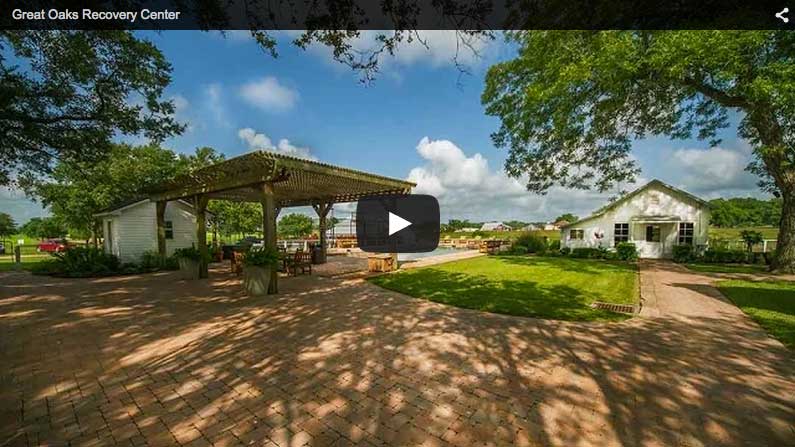
If you’re concerned about a loved one who is struggling with drug or alcohol addiction, you may be wondering about the best time to hire a professional interventionist. Many families who are dealing with someone close to them who is caught up in the cycle of addiction wonder whether they should wait until the person they care for has reached “rock bottom” before calling in someone else to help.
Addiction Is a National Problem
Unless you have been completely cut off from recent news, you have no doubt seen or heard reports about the current opioid crisis. According to the Surgeon General, close to 21 million people are struggling with substance abuse addictions. This figure is higher than the number of patients who have been diagnosed with all forms of cancer combined.
On a daily basis, 115 Americans are losing their lives to an opioid overdose. In 2016, 1,375 Texans died in this way. Four Texas cities have been ranked among the top 25 cities in the US with an opioid abuse problem: Texarkana, Odessa, Longview, and Amarillo.
Addiction Is a Brain Disease
Research has shown that addiction is a brain disease, which means that repeated exposure to addictive substances changes brain chemistry. A person may start using drugs or alcohol on an occasional basis and experience few, if any, negative effects.
If the person continues to use drugs or drink alcohol more regularly or increase the amount they are consuming, the likelihood of developing a physical dependence on their substance of choice grows. The point at which a person has become addicted is when they continue to use their substance of choice even though they are experiencing negative consequences in their life.
At this point, the addicted person no longer has control over whether they will drink or use drugs; the substance is in control of the person. Feeding the addiction is their top priority.
Now Is the Right Time to Take Action
There is no ideal time to hire an interventionist to help your family. You’re never too early or too late to seek help for a loved one who is struggling with substance abuse.
That being said, there are still benefits to early action. The sooner you act to get a loved one with an addiction problem some professional help, the easier it can be for them to respond. The longer the addiction continues, the more difficult it can be to treat.
Making the decision to work with an interventionist is never easy. It’s difficult to admit that you and your family have come to the end of what you can accept and tolerate from your addicted loved one. You may feel as though you are alone, but that isn’t the case.
Once you contact an interventionist for help, you are reaching out to someone who understands the disease of addiction. Interventionists work with the entire family to identify and stop enabling the behavior by recommending counseling as appropriate as well as acting as a moderator on the day of the intervention itself.
In the majority of cases, the addicted person agrees to go to treatment. When the addicted person doesn’t accept help, the interventionist provides support for the family in holding firm to their bottom line statements and the boundaries set during the intervention. There is still hope that the addicted person may later decide to get treatment.
How We Can Help
Part of working with an interventionist is planning for residential drug or alcohol treatment for your loved one in advance. Great Oaks Recovery is an accredited residential treatment facility located on 50 acres of beautiful countryside in Egypt, Texas. We provide a full complement of addiction services to our clients, from detoxification to continuing care.


